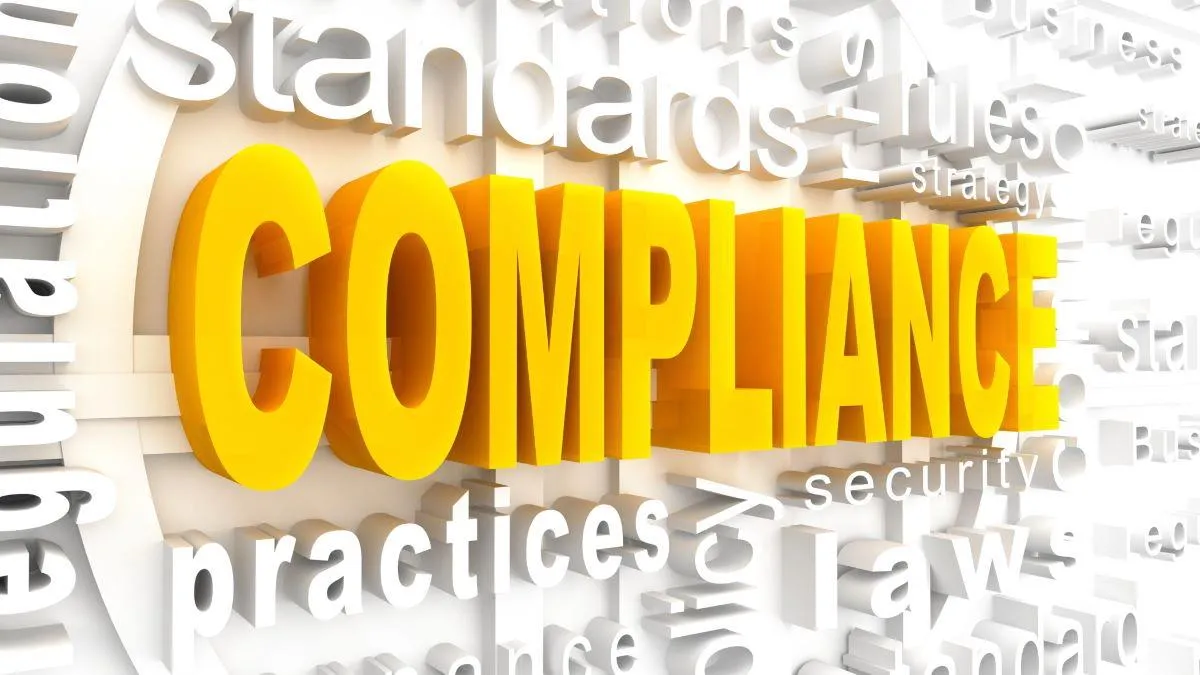Registering for sales tax in the US can be a pain in your backend, but unfortunately, it’s a legal obligation if you want to sell compliantly to your US customers. If you currently sell your products to America (or are considering doing so), it is important you understand what your lawful requirements are when it comes to tax.
- Jeff Bezos can be your friend
Who wouldn’t want a trillionaire best mate? Amazon is the most renowned international online marketplace — used by thousands of digital consumers every day. When selling to the US, you have to decide whether to sell on Amazon (or a similar marketplace like Walmart.com or eBay), or to set up your own website using a platform like Shopify or BigCommerce.
Although there are huge disadvantages of choosing Bezos over your own website, if you sell via Amazon to the US, you won’t have to charge sales tax (because the marketplace takes care of it for you), but you still might need to register for sales tax in some states. If you sell from your own website, the chances are you will need to collect tax in most of the 47 US states who have a sales tax system.
- Let’s get physical
If any of the 47 US states who have sales tax systems can touch you, they will. What this means is that having any kind of physical presence in a state will most likely create what is called “physical nexus” and will result in a seller having to register in that state and start charging sales tax.
Physical nexus can include an office, employees, a warehouse or fulfilment centre and in some states – even taking care of your own delivery can place you in the tax man’s net. It can be vital to have a physical presence in the States (especially for fulfilment purposes), but you need to know what the tax implications are and which states are more likely to be friendly…
- Know the magic numbers
Having physical presence in the US is not the only way the tax man can get you – the US has a concept called “Economic Nexus” which basically gives states the power to tax sellers from outside their state if certain sales levels are reached.
Each of the 47 states has implemented different rules, but they all base it on either your USD sales revenue or the number of transactions. $100k and 200 sales are the magic numbers: if you have crossed these thresholds (or will cross them soon) in any US states, it is very likely you should be registered and charging tax.
- Check this out!
Complying with sales tax is actually quite simple if you pick the right partner with good tech. Your partner should take care of calculating tax payable, filing returns and remitting the tax on your behalf – setting this up should be easy and although it will come at a cost, it is unavoidable.
The more difficult problem to solve is often how online merchants charge the tax at the point of sale or at checkout. Luckily, this doesn’t need a crazy tech development and there are simple hacks in most platforms (like Shopify) or PSP’s (like PayPal) to “switch on” sales tax. (Remember, if you sell on a marketplace you don’t have to worry about charging tax).
- You need a wingman
Maverick wouldn’t fly without Goose and you shouldn’t have to navigate the complex world of US sales taxes alone either. It is crucial to have someone to offer practical advice and help you set up your US shop in the most commercial way while still complying with the sales tax laws. Sales tax software will file your returns, but you will feel a lot safer if you have someone holding your hand and showing you around.
Understanding eCommerce sales tax is essential for selling online in the US. While Amazon handles it for their marketplace sellers, most independent website owners (using platforms like Shopify or BigCommerce) will need to register for eCommerce sales tax in many states.
Having a physical presence in a state (office, warehouse) creates “physical nexus,” triggering registration and tax collection. Even without a physical presence, exceeding certain sales levels (“economic nexus”) can make you liable.
The good news is that technology simplifies eCommerce sales tax calculations, filing, and remittance. Platforms and payment processors often offer solutions to charge sales tax at checkout. However, compliance goes beyond software. Partnering with a professional for practical advice and guidance is crucial. They can help you set up your US shop to be both compliant and commercially successful. Don’t tackle eCommerce sales tax alone – find your expert “wingman” to navigate the US regulations.
